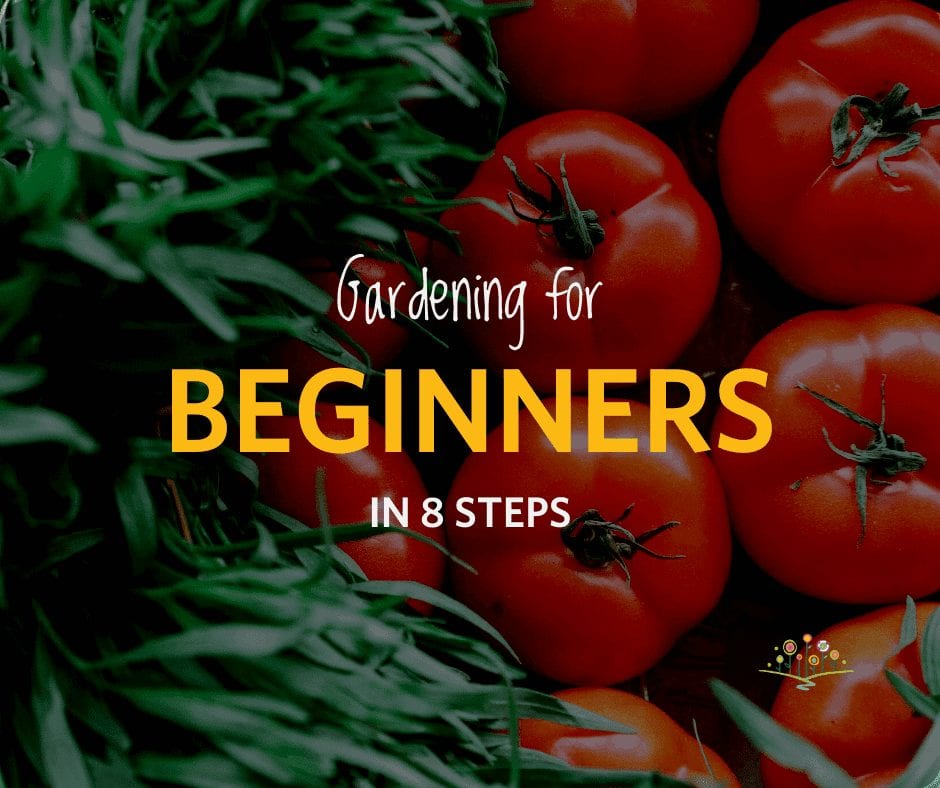
We adore veteran gardeners. Their wisdom. Their sage (pun intended) advice.
But there is just something special about helping a beginning gardener. Their wide-eyed excitement to create their own personal Eden can be infectious! Before we send a newbie to sow their seeds, we always make sure to give them a few pointers:
- Know your zone
Knowing what planting zone you are in will help select the right plants, understand the ideal time for planting, and recognize when to harvest. A quick visit to the United States Department of Agriculture website can give you what you need to know just by inputting your zip code. - Plant what you will actually eat
Like, for real. Even if you’ve never gardened before, you likely know that tomatoes can be a hearty crop. That’s great if you’ll actually use them or have a neighbor who’s obsessed with them. But if the prospect of a summer full of tomato sandwiches isn’t appealing, don’t plant tomatoes. Think about what you eat and look at planting those specific fruits and vegetables. - Plan your space
Will you be gardening in a container? Raised beds? In-ground? Whatever your space, remember that a little dirt goes a long way – especially if you add a little height like a climbing trellis. (For some ideas on container gardening, check out 3 Container Planting Tips.) - Location. Location. Location.
Much like the placement of any good piece of real estate, your garden’s location is essential. Identify the best locale where plants can get the right amount of sun and you can gain easy access for daily check-ins. Out-of-sight really does become out-of-mind if your garden is too far from your daily routine. - Know your soil
Understanding what your soil has and doesn’t have will help you understand the nutrients in your planting beds. Simple soil test kits can help you identify and monitor nitrogen, phosphorus, and potassium levels for optimal growth. Don’t worry… it isn’t “high school chemistry” hard. It’s more like “pool water test” easy. - Provide plenty of water
Even when the rain comes, it may still not be enough to keep your garden adequately hydrated. Check the water saturation a few inches down. If the soil is dry, it’s time to water. - Stop intruders
Weeds love all the things your vegetables and fruits love – sun, soil, and water. Using straw and compost around your plants can help decrease weed growth. If they do invade your garden (and they probably will), make sure to pull them out by the root. Use a hand fork, if needed. - Feed your plants
Fertilizer is a great addition to your garden to ensure a strong plant and high yield. High-quality compost is a great option for fertilizing. Another option is purchasing fertilizers and following the application directions on the box.
Ready to start digging in the dirt? Do. It. We’ve never heard of anyone who regretted starting a garden. Their only regret is not starting one sooner.
Oh, and if you’ve been hearing Tears for Fears in your head ever since the second paragraph, we’re sorry. (Or you’re welcome.) Crank that song and sing along. Rumor has it plants like music.
_________________________________________________________________________________________________
To hear more about gardening revivals or to hear what is happening at our Emerald City, please sign up to join our newsletter.



